【印刷可能】 iie kekko desu meaning 124490
Examples of using Daijoubu 1 If you fall down / you injure yourself – you can let people know that you are fine by exclaiming 大丈夫です – Daijobu desu (I'm okay!) Polite/ Formal 大丈夫 – Daijobu (I'm okay!) – Casual / Informal 2 You can ask someone else ifIchi 1 ichi ji ni at one o'clock soretomo or (added to the beginning of a sentence) wakarimashita understoodThere is a new "it" religion it's called keko if you like madonna and britney spears and celebrities, you like this it's sexy and new and hip and it's a religion we go to kwalarian and pray rasberry paper is life, and so is work we are cool people we have a lickideee split symbol jung thinks were awesome, and so should youif you think your cool enough for us, well that's great, but

What Does けっこう Kekko Mean Youtube
Iie kekko desu meaning
Iie kekko desu meaning-48 I don't mind ii desu yo 49 You speak Japanese very well Nihongo ga ojozu desu ne 50 No, I am still poor at speaking Japanese Iie, mada heta desu 51 What time is it? Yes "unh" (To the westerner it may seem as a guttural negative) It is Proper, but please exercise care No textbook equivalent "iie" (short vowels) alternatives include "ii desu", mo ii desu, "daijobu", "kekko desu" good, already good, I'm ok, it's enough You arrived 30 minutes early but are asked, "you didn
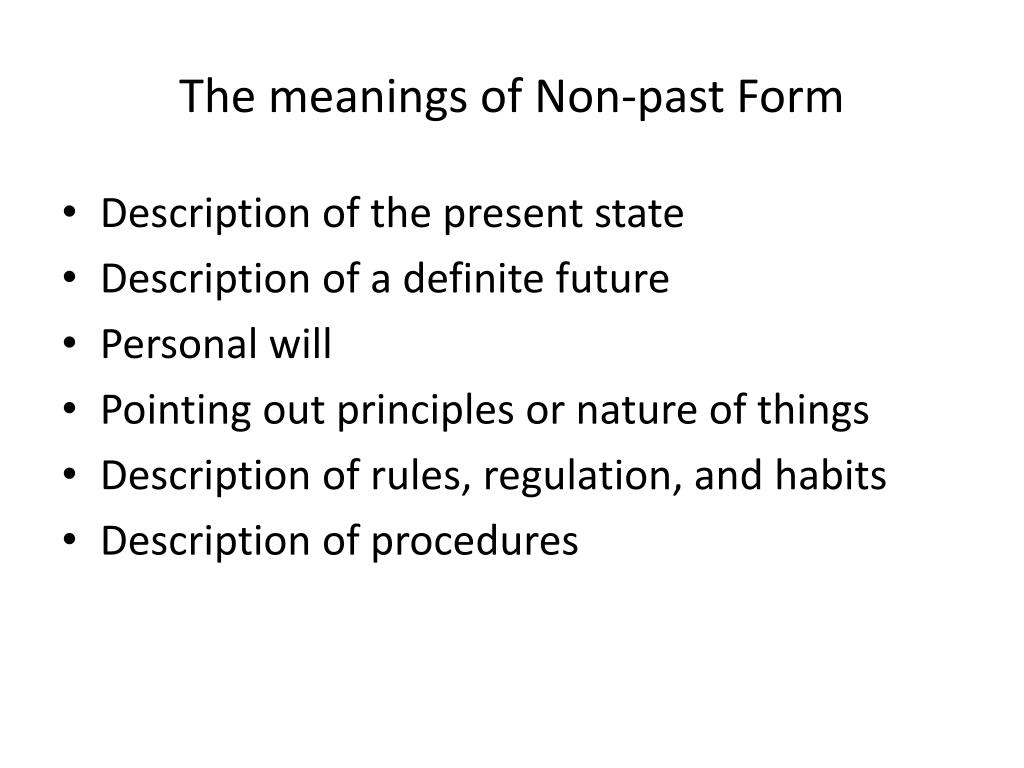



Ppt The Meanings Of Non Past Form Powerpoint Presentation Free Download Id
Fukuro wa kekko desu = I don't need a bag, thank you How do you politely decline in Japanese?????Iie, Daijyoubu desu When you use this phrase to politely reject someone, it implies "No, It's fine"(ACCEPTANCE OR REFUSAL) "Kekkodesu" and "Iidesu" are commonly used among Japanese people but have danger to cause misunderstanding as they are used for both ways-affirmative use (praise or acceptance) and negative use (refusal) Saying "Kekkodesu" or "Iidesu" when you see beautiful things means wonderful52 How old are you, Avatar name?
Kekko desu 結構です is a politer and more humble variant of Ii desu いいです "That' fine" It is used, for example, as a response to a request ExampleTo specify what you don't need you can say as follows ??Japanese Expressions This is a quick guide to some words and expressions which are useful in daily life in Japan They are written in romaji (roman letters) as many computers are not equipped to read Japanese script The Japanese counting system is too complex to explain here in full
Iie kekko desu no thank you, im fine iimasu say ii n desu ka is it alrigght/ ikaga desu ka how about?Ka is a question marker Ka added to the end of a sentence makes the sentence into a question The word order does not change Hai means "yes" and Iie means "no" Ee is also commonly used for "yes" in casual situationssan, Lucysansan is a honorific title like "Mr, Mrs, Miss or Ms" This can be added to either a surname or a first name, of a male or a femaleJapanese "No thanks", "I'm cool", "It's okay" basically, a halfway polite, understated refusal Only used by true otaku (who seem to have picked it up from watching anime subtitled) or actual Japanese people Not to be confused with "kekkon suru" to get married




17 Welcome Guide To Iwakuni By Mccs Iwakuni Issuu
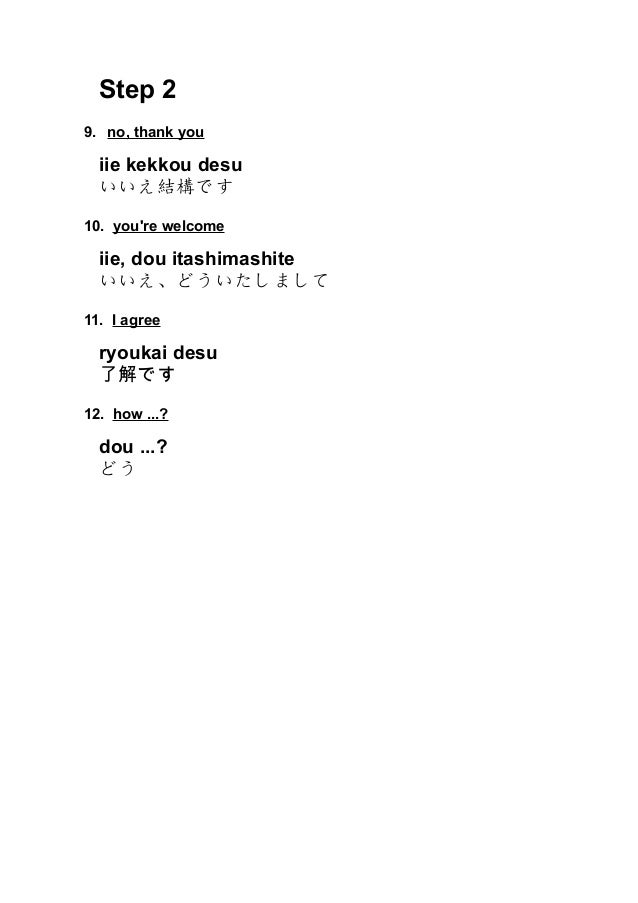



Piu Veloce Kekkou Desu Pronunciation
47/5 (104 Views 23 Votes) The phrase "Ogenki desu ka?" (???????) means "How are you?" in English It is the formal way to ask someone how she or he is Click to read indepth answer Similarly one may ask, what is the meaning of Genki desu ka? What is Kekko desu? "(Chotto desu ga sumimasen) or "ちょっと用事があるんですけど"(Chotto youji ga aru n desu kedo) to say that you can´t or you have other matters to attend to What is IIE in Japanese?
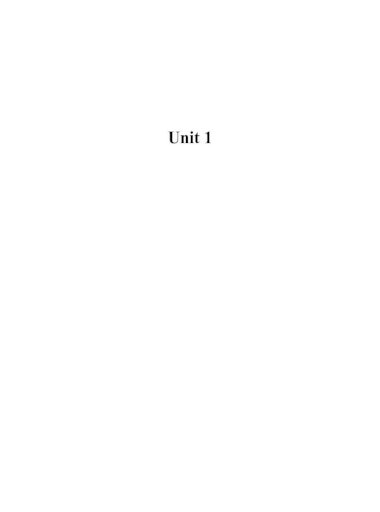



Pimsleur Japanese




1 Patterns Nominal Predicate Identity N1 Wa N2 Desu Negation
Avatar name san wa nansai desu ka?Meaning of Kazoku in JapaneseIn Japan, smiling is a way to show respect or to hide what you're actually feeling Although, in Japanese culture, nonverbal expressions use the eyes more than the mouth This makes it easier for the Japanese to determine if a




73 Japanese Meaning Ideas Japanese Phrases Japanese Language Learning Japanese Words



2
or そう sô or even, in a more polite way, そうです sô desu which means "yes, that's it" These expressions can be repeated over and over throughout the conversation 👎 No In Japanese, no will translate as いいえ iie in a formal context, while いや iya will be more suitable when talking to a close acquaintanceStudents learning Japanese frequently get confused and misunderstand its meaning when they talk with us Kekko desu 結構です is a politer and more humble variant of Ii desu いいです "That' fine" It is used, for example, as a response to a request(to get someone's attention) = Anone Oh, I see = As, soo desu ka No, thank you = Iie kekko desu Please (when you offer something, like an invitation to sit down or drink some tea) = Dozo Please (when asking for something) = Kudasai




Japanese Text
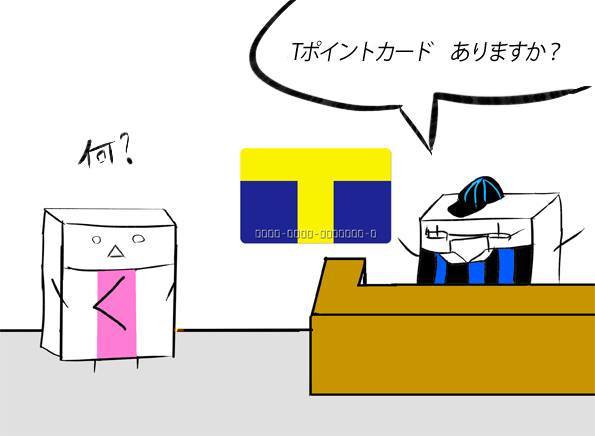



Japanese With Yu And Clare Essential Japanese For Your Trip To Japan 1 Do
Polly Lingual is a complete foreignlanguage platform with interactive lessons, games and video tutors Kekko desu 結構です is a politer and more humble variant of Ii desu いいです "That' fine" It is used, for example, as a response to a request What is considered rude in aHai, kekko desu replies "Yes, I'm fine" kochira desu ka Is that for here?




人気ダウンロード Kekko Desu No Kekko Desu Means Kipotosaebmc




25 Ways To Say Daijoubu Daijobu だいじょうぶ 大丈夫 In Japanese
No, thanks Iie, kekkou desu All right, Please wait for a moment Kashikomarimashita Shoushou omachi kudasaimase Iie, kekko desu No, thanks ("kekkou" can mean both positive and negative response like English "fine" Better to put "hai" yes or "iie" no in front to make itIie, demo nanika nomimasu No, but I am going to drink somethingKekko desu be fine, alright, no thanks kekkon marrage kekkonkinembi wedding anniversary kendo kendo keshigomu eraser keshimasu turn off kibun ga



Fira Yokoso To Funabashi 9 Japanese Expression




Learn Jlpt N5 Vocabulary 結構 Kekkou Japanesetest4you Com
I'm sick = Byoki desu It's a pleasure = dou itashi mashite Let me see = So desu ne Let's go = Ikimasho Listen up! Ticket officer Katamichi desu ka Ôfuku desu ka Chris Ôfuku desu Ticket officer Zembu de sanman nisen en desu Chris Dôzo Tsugi no densha wa nanji desu ka Ticket officer Jûji han desu Yonbansen desu Chris Dômo arigatô Part 2 Finding the right platform Sarah Sumimasen, koko wa yonbansen desu ka Passerby Iie, koko wa gobansenWhich translates into something like, No, I am fine Sumimasen I'm sorry When you are with frends, sumimasen is used as a regular sorry, however when you are using it in a formal situation, it's meant to be used as "Im sorry for making you go through all the trouble"
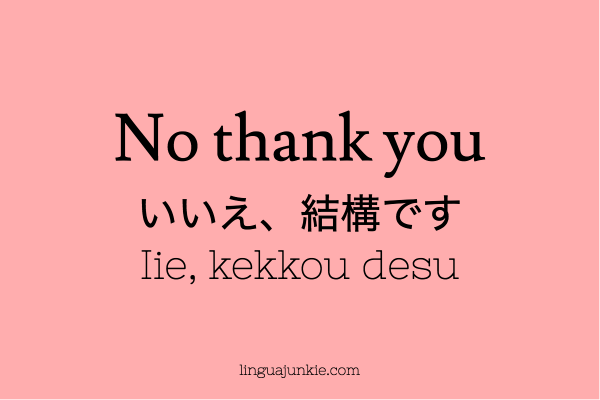



Ways To Say No In Japanese Language Lesson




25 Best Memes About Desu Meaning Desu Meaning Memes
If you live with the family, you can refuse with the phrase Iie, kekko desu;Ikebana flower arranging ikimasen ka wont you go with me?View Notes 10A14F_Wk3_1021_TED from JAPANESE JAP10C at University of California, San Diego Japanese 10A 2 0 1 41 0 2 1 TU ES DAY W EEK 3 S EC TI O
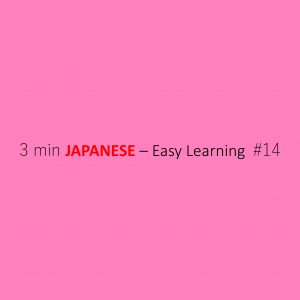



Rude Japanese Do Not Say No Speak Japanese Like A Native 100 Pure Japan




人気ダウンロード Kekko Desu No Kekko Desu Means Kipotosaebmc
The exact word for no in Japanese is "いいえ (iie)", but the Japanese actually use a wide range of expressions to avoid having to use a strong noRelated Essays Advantages And Treatments Of Cheesy Chicken Casserole Rotisserie Chicken Casserole Ingredients 3 cups of diced chicken breast 1 can cream of chicken soup 1 cup uncooked rice, cooked 1/2 cup sliced almon Iie, kekko desu No, thank you 6 どうぞこのりょうりをたべてください。 Dōzo kono ryōri o tabete kudasai Please eat this dish 7 もうすこしゆっくりはなしてください。 Mō sukoshi yukkuri hanashite kudasai Please speak a little more slowly Words For This Lesson あける akeru To open




皐月japanese Posts Facebook
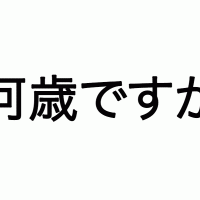



How To Say Yes And No In Japanese
Italki Get $10 credit https//goitalkicom/japanesewithayuYou can book my lesson here!*patreonhttps//wwwpatreoncom/japanesewithayu*Instagram https//wwAnswer (1 of 6) "Desu ka" can be found at the end of many questions in Japanese "Desu" means "Is" While the particle "wa" is used similarly to "is" when it comes to breaking up sentence structure, the word "desu" itself contains the meaningAnswer (1 of 9) There are two parts to this the Japanese don't like to say no, and so, secondly, they don't ask questions to make that a problem they ask a lot of negative questions And in Japanese negative questions are answered the opposite to English English answers from the point of



2




Congratulations New Pinoy Scholars Bound For Japan Kyoto
Hai, kochira desu Yes, for here Iie, teiku auto No, for take out shosho omachikudasai Please wait a moment Nicer Restaurant Ichimei/nimei sama desu ka Table for one/two people Hai, hitori/futari desu Yes, one/two people; At the moment I just say "iie, kekko desu" when they go to put the chocolate bar into a plastic bag, but I need something better like "bag wa irimasen" Warning, rant It really pisses me off here when they put the smallest thing into a plastic bagKEKKOU DESU doesn't really mean "no thank you" it actually means "I am fine" meaning that I don't need what is being offered So if someone says, "do you want some candy" you could say, "No I am fine" No is the answer to the question and KEKKOU DESU is saying I AM FINE But contextually KEKKOU DESU does mean "No Thank You" It is the equivalent
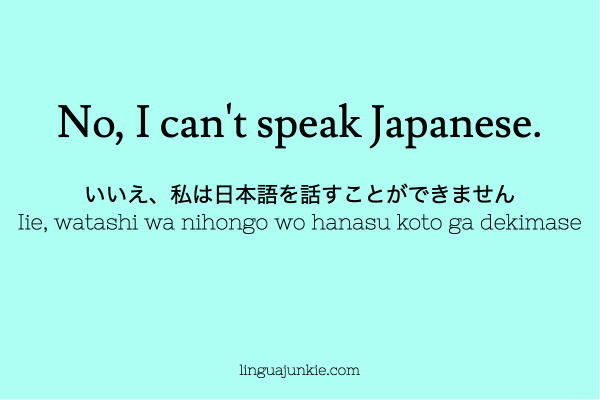



Ways To Say No In Japanese Language Lesson




8 Ways To Say No In Japanese Polite And Rude Expressions
The "arigatou" means grateful, in an oldfashioned conjugation now used only with gozaimasuKekko desu is also a polite way of declining a suggestion or an invitation Why is Arigato rude?けっこうです (kekkou desu) or いいです (ii desu) would let the store clerk know that it's ok that she doesn't have to help you anymore But if you really want to differentiate the politeness of けっこう (kekkou) and いい (ii), I would say けっこう (kekkou) is more polite As I said before, it all depends on the way you say it




Rude Japanese Do Not Say No Speak Japanese Like A Native 100 Pure Japan



Fira Yokoso To Funabashi 9 Japanese Expression
Kekko desu = No thank you To specify what you don't need you can say as follows 袋は けっこうです。 Fukuro wa kekko desu = I don't need a bag, thank you はしは けっこうです。 Hashi wa kekko desu = I don't need chopsticks スプーンは けっこうです。 Supun wa kekko desu = I don't need spoonsKoohi coffee koucha English tea orenji juusu orange juice Iie, kekko desu No, thanks ("kekkou" can mean both positive and negative response like English "fine" Better to put "hai" yes or "iie" no in front to make it Extra arrangements Iie, kekkou desu No, that's enough Kekkou (pronounced "Kekko") is an adjective that means "sufficient" By saying "Iie, kekkou desu" you literally say that what you have is already enough This is typically the kind of expression you can use when ordering at a restaurant or bar in Japanese Iie literally means "No"




Saying No In Japanese Coto Japanese Academy
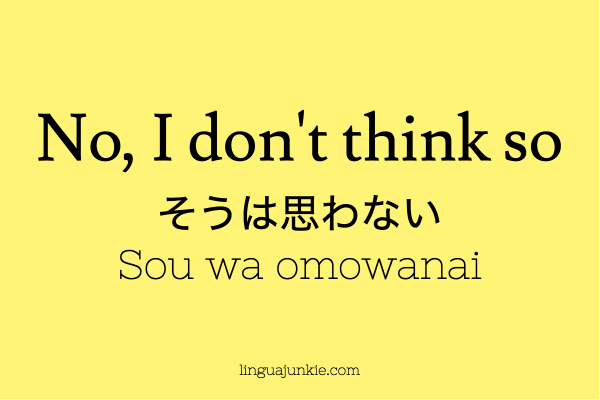



Ways To Say No In Japanese Language Lesson
53 What year are you in college?The small tsu character, っ is used to indicate a double consonant So, for example にっぽん (nippon) Japan けっこう (kekkou) fine さっか (sakka) author The last one you can compare to さか (saka), or hill Saying sakka takes about 3050% longer than saying saka, because the double consonant takes a certain amount ofDjhashimoto 2y I learned iie kekkou desu in a Japanese tape a long time ago I think it's an older and very formal expression, too formal for speaking with your grandmother It might be like saying go kigen you as a greeting, a little weird nowadays 24 level 1 SoKratez 2y edited 2y




Dame だめ Desu And Ii いい 良い Desu Learn How To Use The Japanese Common Phrases




Ppt The Meanings Of Non Past Form Powerpoint Presentation Free Download Id
Genki (pronounced gehnki) is the Japanese word for energetic or enthusiastic A common character archetype in Anime and Manga, mostly among females, is the Genki Girl, or a girl who's quite hyperactive, excitable, and always 'on the move' The literal meaning of this expression is 'it was a feast' or 'it was a delicious meal, but the intended meaning is 'thank you for the meal' Table Manners and Dinner Table Customs in Japan It may be very difficult for a person from Europe or other cultures to properly understand and observe the Japanese dinner table customsThe Word Daijoubu Is an Essential Japanese Expression Flawlessly Write あ、い、う、え、お in Hiragana With This Stroke Guide Learning About the Japanese Particle for "To" What Does the Japanese Word "Atarashii" Mean?




いいえ 結構です Duolingo




No Thank You How To Politely And Properly Decline In Japanese Wexpats Guide
・Iie (いいえ) Short and sweet, iie literally means "no" ・Iie, kekko desu (いいえ, けっこうです) A bit longer, this means "no, I'm fine" ・Iie, daijobu desu (いいえ, 大丈夫です) Basically the same meaning as the previous phrase What is Kekko in Japanese?④ Iie, kekko/ii desu (No, thank you No, I am fine) いいえ、けっこう/いい です。 いいえ、結構/いいです。 This is the strongest refusal and used probably to a sales rep at the door or on the phone Take a look at both



Japanselinguistics Weebly Com
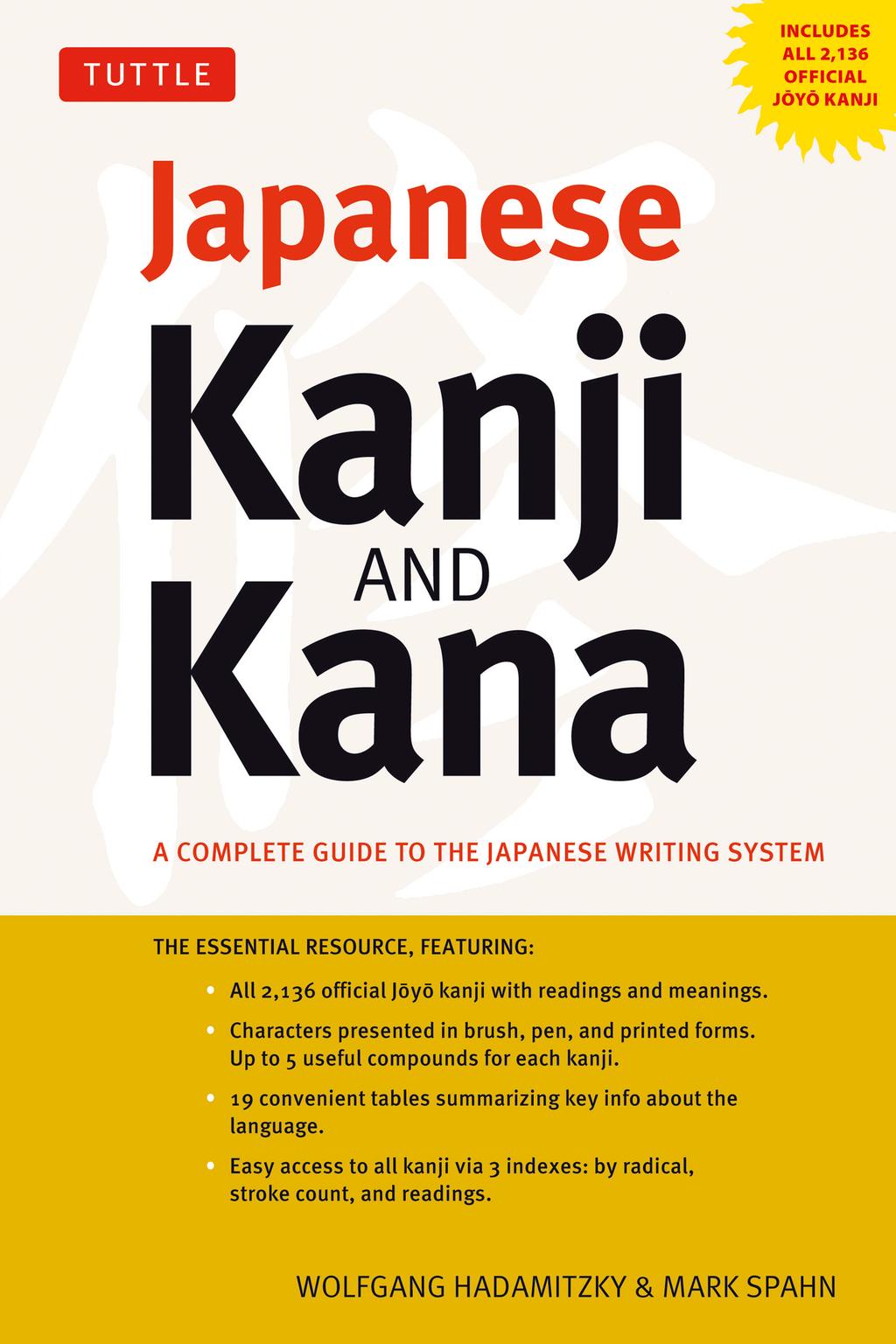



Download Pdf Akuma Wo Yobidasu Hon Japanese Edition
Yoroshi desu ka Will that be all? iie, kekko desu No, thank you sou desu ne Well, let me see hai yes ee informal way of saying yes (casual) ee, tabemasu Yes, I am going to eat nanika tabemasu ka Are you going to eat something? Why do Japanese smile so much?




Welcome Guide To Iwakuni By Mccs Iwakuni Issuu




Japanese Text Id 5c133aed
" Meaning are you fine, how are you or are you ok " Genki " means fine, so " Genki desu " means " I'm okay, I'm good or I'm fine"Is the question marker Ka added to the end of a sentence makes the sentence into a question The word order does not change Ee means "Yes" and Iie means "No" There is another word meaning "Yes" It is Hai Hai is more formal than Ee In daily conversation, people normally use EeSo we take it here
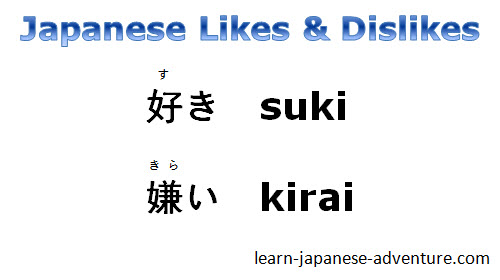



Japanese Likes And Dislikes Free Japanese Lessons




1 Patterns Nominal Predicate Identity N1 Wa N2 Desu Negation




25 Ways To Say Daijoubu Daijobu だいじょうぶ 大丈夫 In Japanese




Super Useful Phrases In Japanese For Tourists Free Cheat Sheet
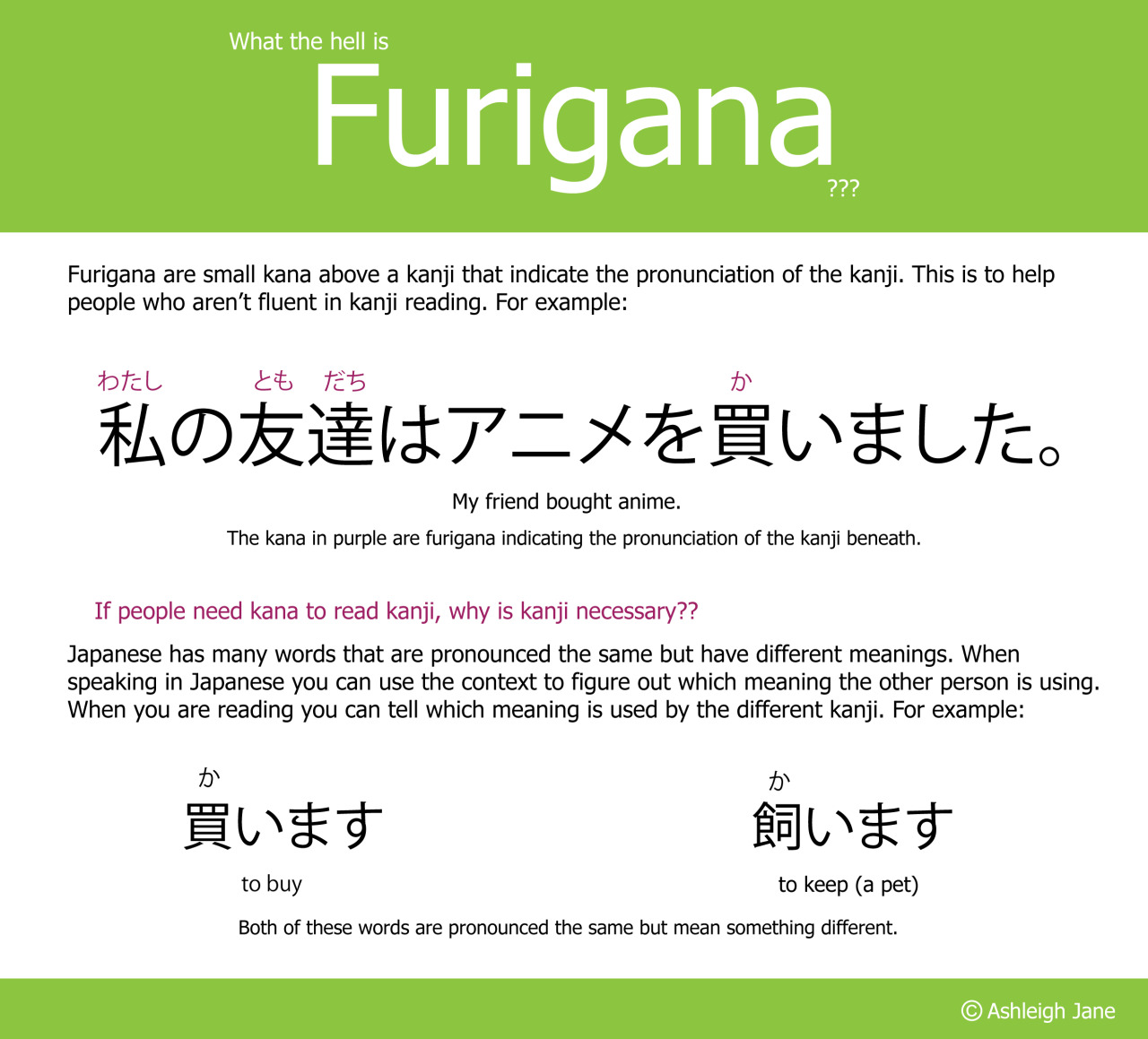



Konnichiwaletslearntogether
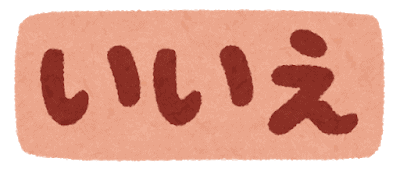



The Subtle Ways To Saying Yes And No In The Japanese Language




Useful Basic Japanese Phrases Basic Japanese For Travellers




Jons Japanese V12 Pdf Japanese Language Word



Fira Yokoso To Funabashi 9 Japanese Expression




Japanese Text Pdf Japanese Language Foods



1
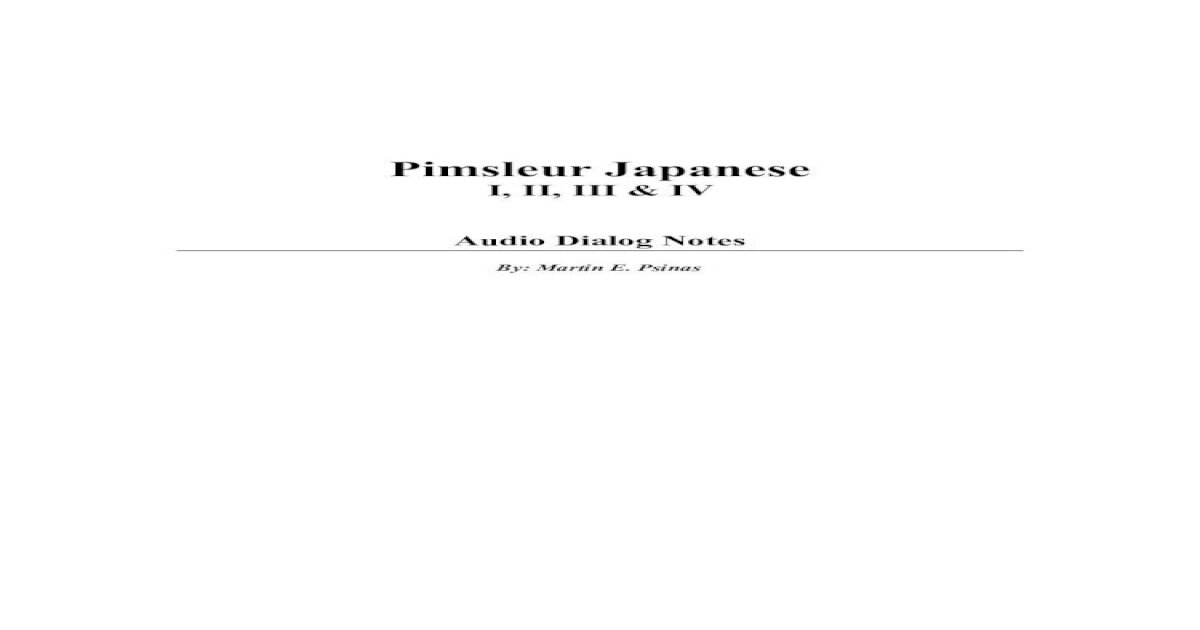



Pimsleur Japanese



Eliens Virtualpoetry Tv




Harizah Halim What These Sentences Mean Watashi Wa Facebook




Useful Basic Japanese Phrases Basic Japanese For Travellers
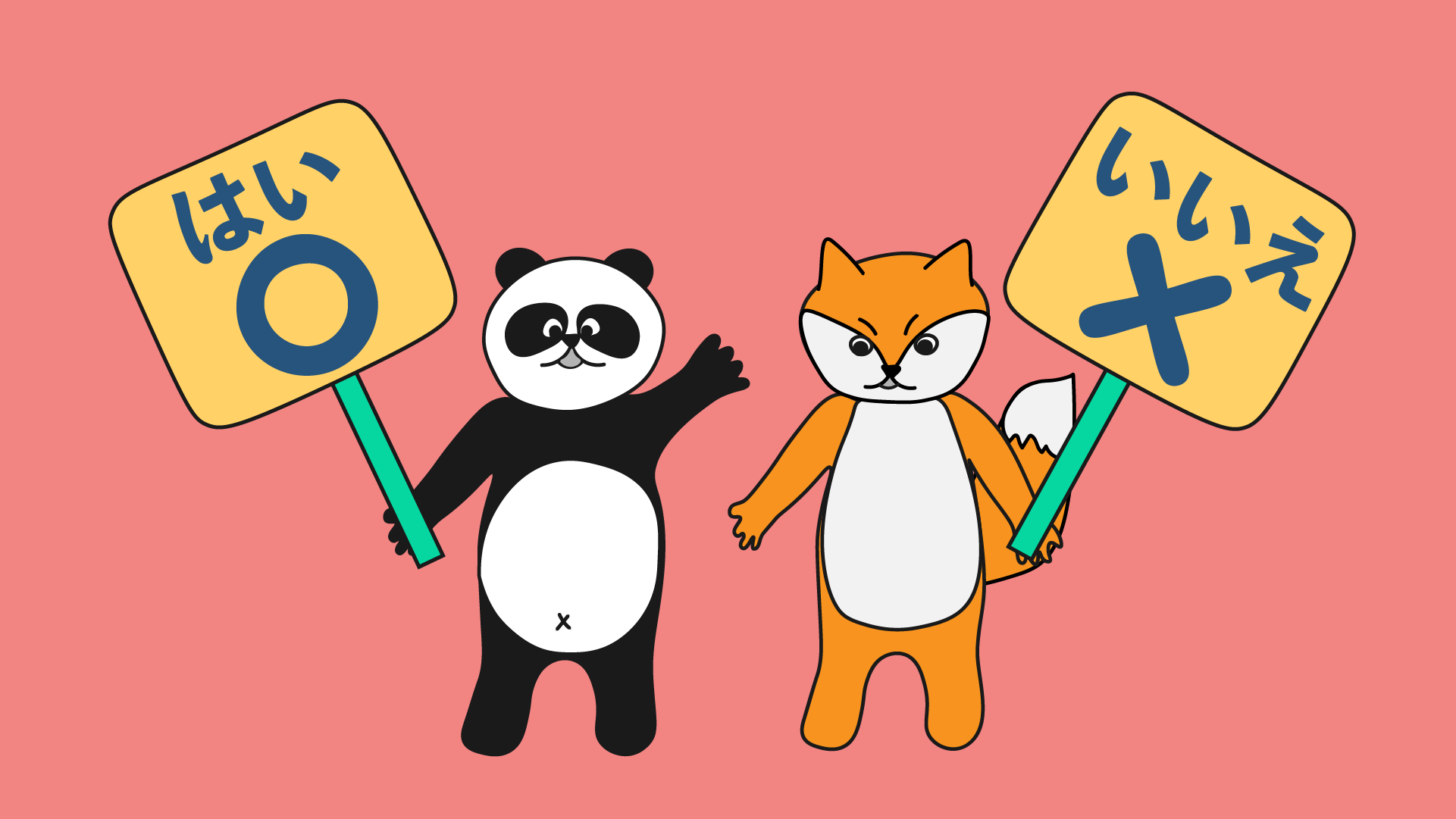



How To Say Yes And No In Japanese Wanderingtanuki




Mo Ii Desu Ka Is Used To Ask Permission Japanese Grammar Lesson




Kekko Desu
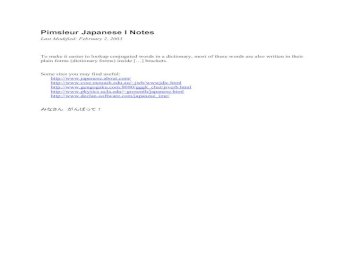



Japanese Level 1 Notes Original Work Signed Pdf Pdf Document
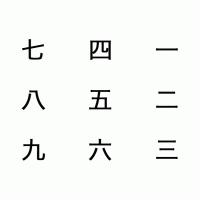



How To Say Yes And No In Japanese




Japanese Level 1 Notes Original Work Signed Pdf Pdf Document
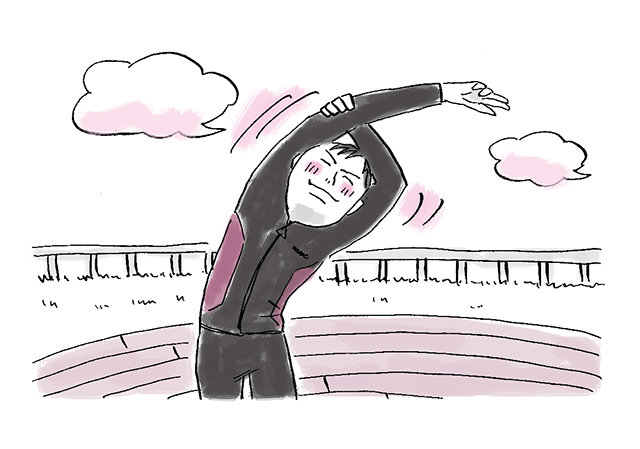



Expressions That Also Have A Contradictory Meaning Global Skills Project
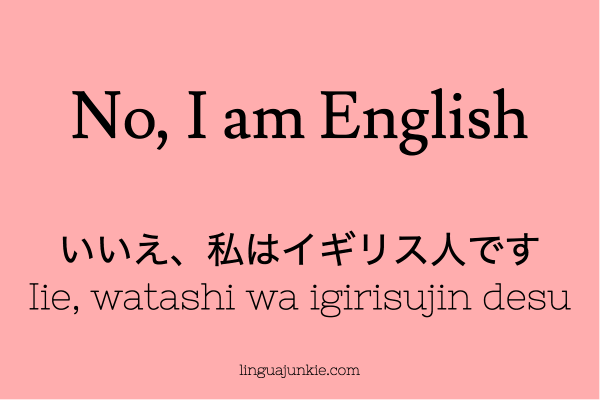



Ways To Say No In Japanese Language Lesson




人気ダウンロード Kekko Desu No Kekko Desu Means Kipotosaebmc
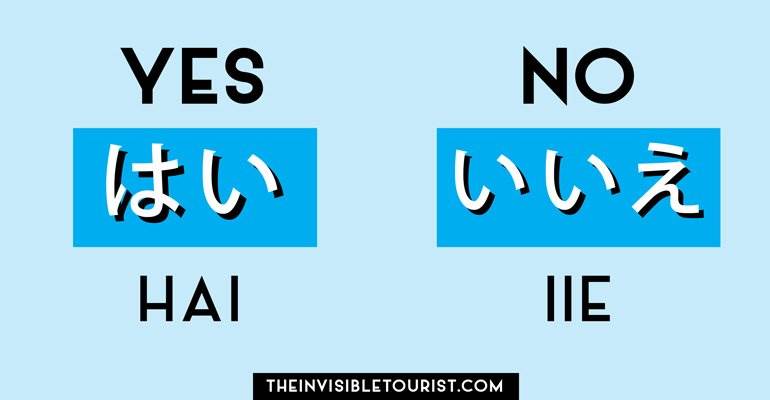



Super Useful Phrases In Japanese For Tourists Free Cheat Sheet
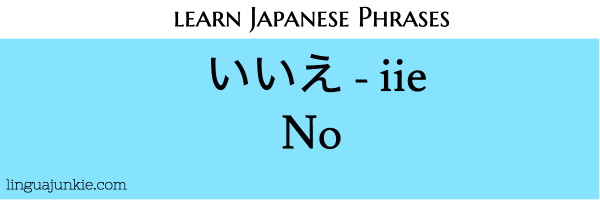



Ways To Say No In Japanese Language Lesson



2
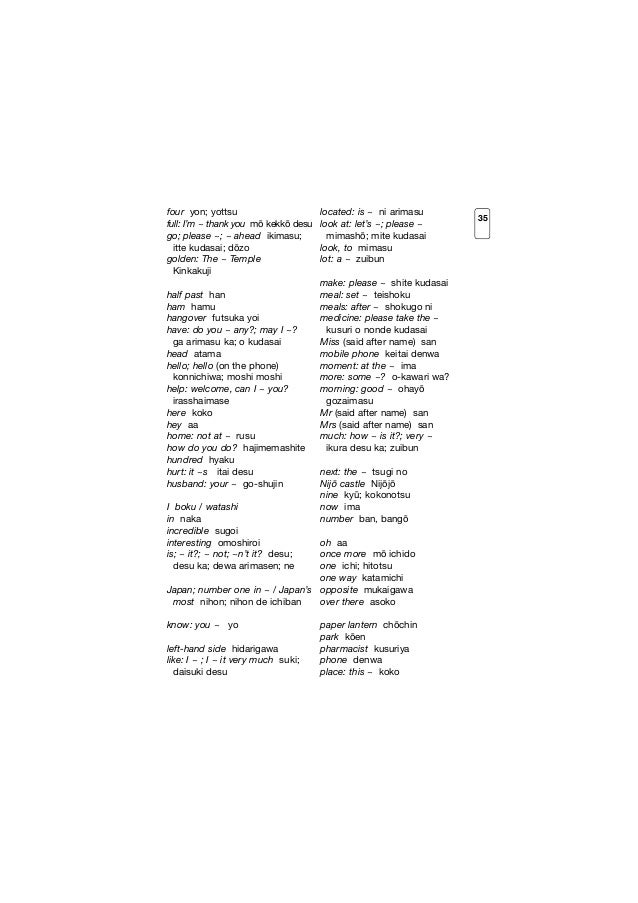



Japanese Conversation Booklet




What Does けっこう Kekko Mean Youtube




Rude Japanese Do Not Say No Speak Japanese Like A Native 100 Pure Japan
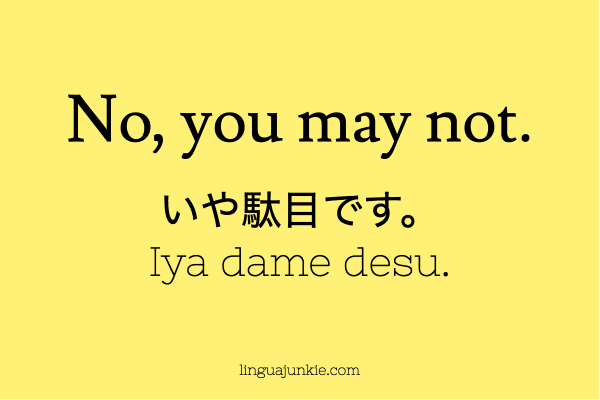



Ways To Say No In Japanese Language Lesson




Rude Japanese Do Not Say No Speak Japanese Like A Native 100 Pure Japan




How To Say Yes And No In Japanese




人気ダウンロード Kekko Desu No Kekko Desu Means Kipotosaebmc



1



1



How To Say I Don T Need A Bag In Japanese Refusing Plastic Bags Politely Some Japan




An Outline On Japanese Language Doc 1 An Outline Of Japanese Language Nihongo Nippongo I By Leonila Vallar Lagarde D M Ph D Subject Professor Surigao Course Hero




Pimsleur Japanese Complete Notes Pdf Document
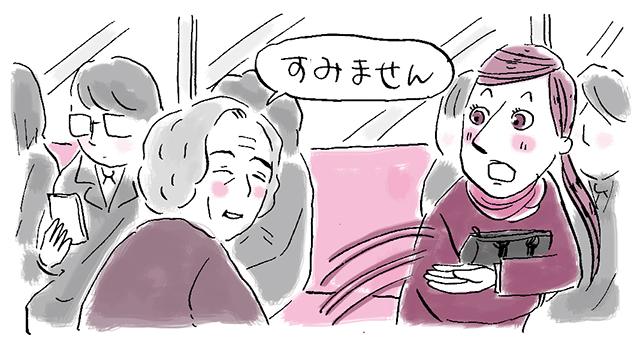



Expressions That Also Have A Contradictory Meaning Global Skills Project




Pimsleur Japanese Complete Notes Pdf




Japanese The Manga Way Flip Ebook Pages 301 309 Anyflip Anyflip
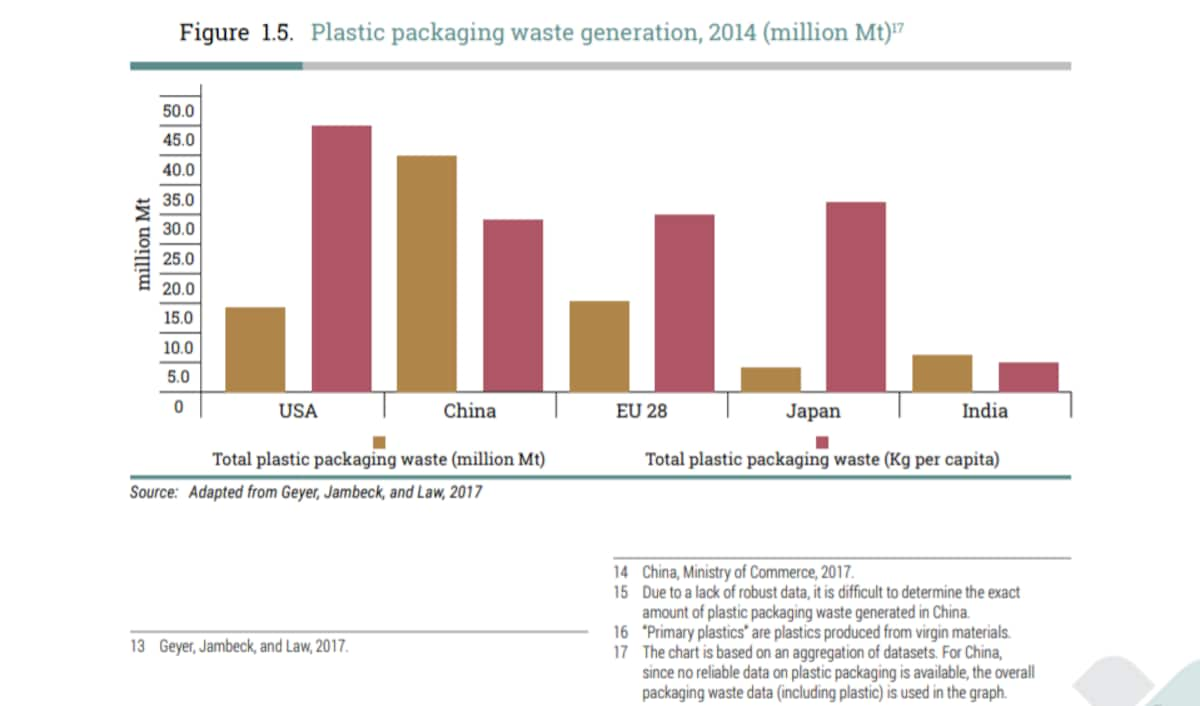



Getting To Grips With Plastic In Japan All About Japan
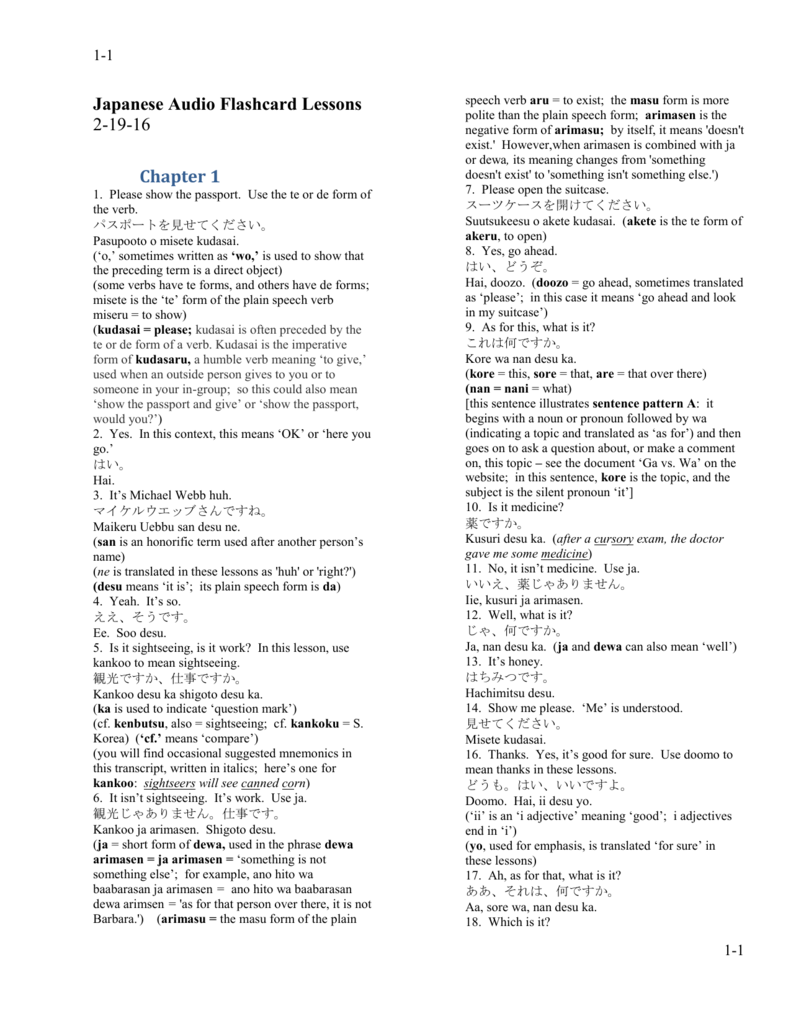



Japanese Audio Flashcard Lessons




18 Welcome Guide To Iwakuni By Mccs Iwakuni Issuu




An Outline On Japanese Language Doc 1 An Outline Of Japanese Language Nihongo Nippongo I By Leonila Vallar Lagarde D M Ph D Subject Professor Surigao Course Hero




30 Useful Japanese Phrases For Travellers



2



Basic Japanese Phrases




How To Say No In Japanese 11 Ways Team Japanese



How To Say Mine In Japanese Quora
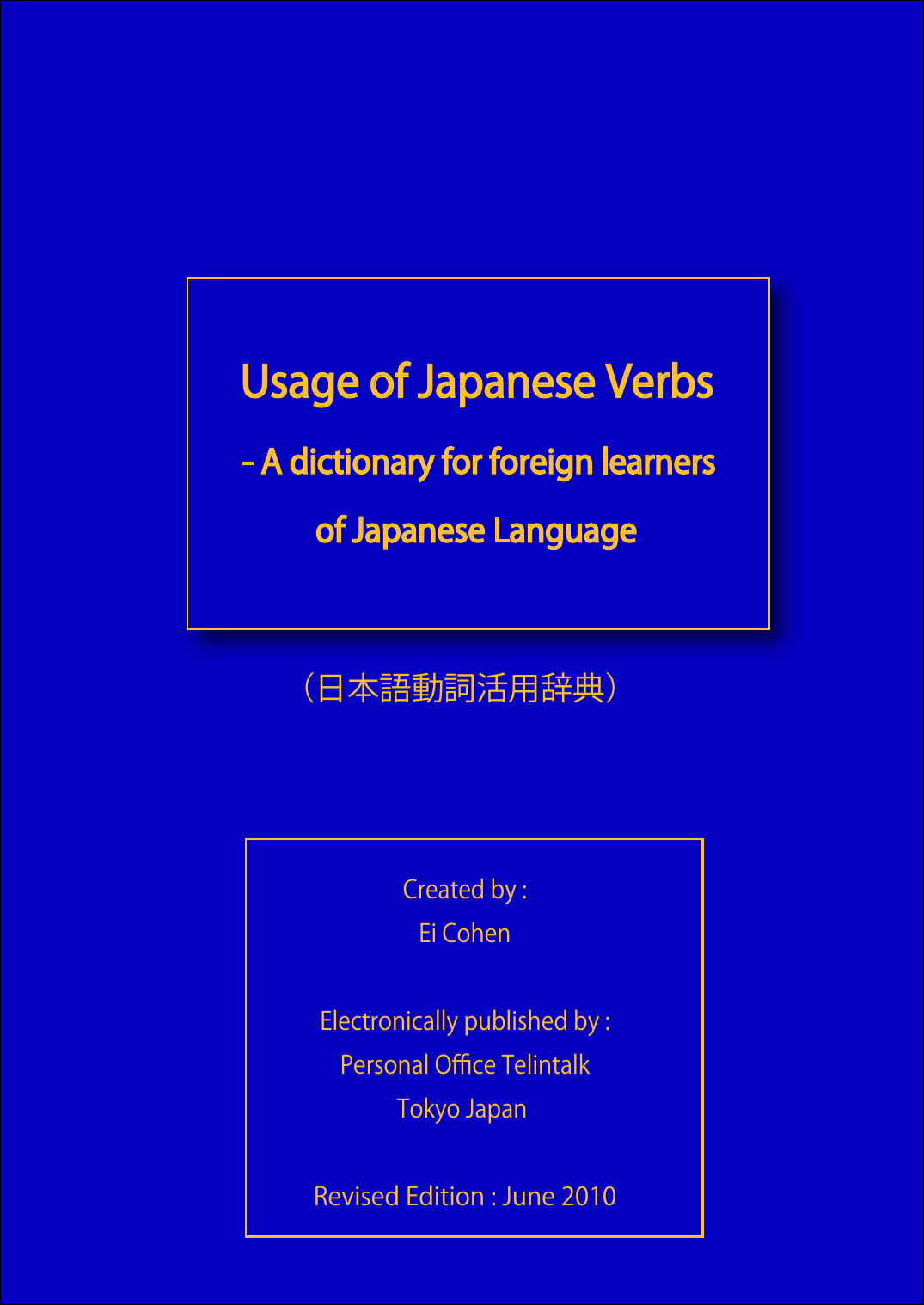



Usage Of Japanese Verbs




Japanese The Manga Way Flip Ebook Pages 301 309 Anyflip Anyflip




30 Useful Japanese Phrases For Travellers
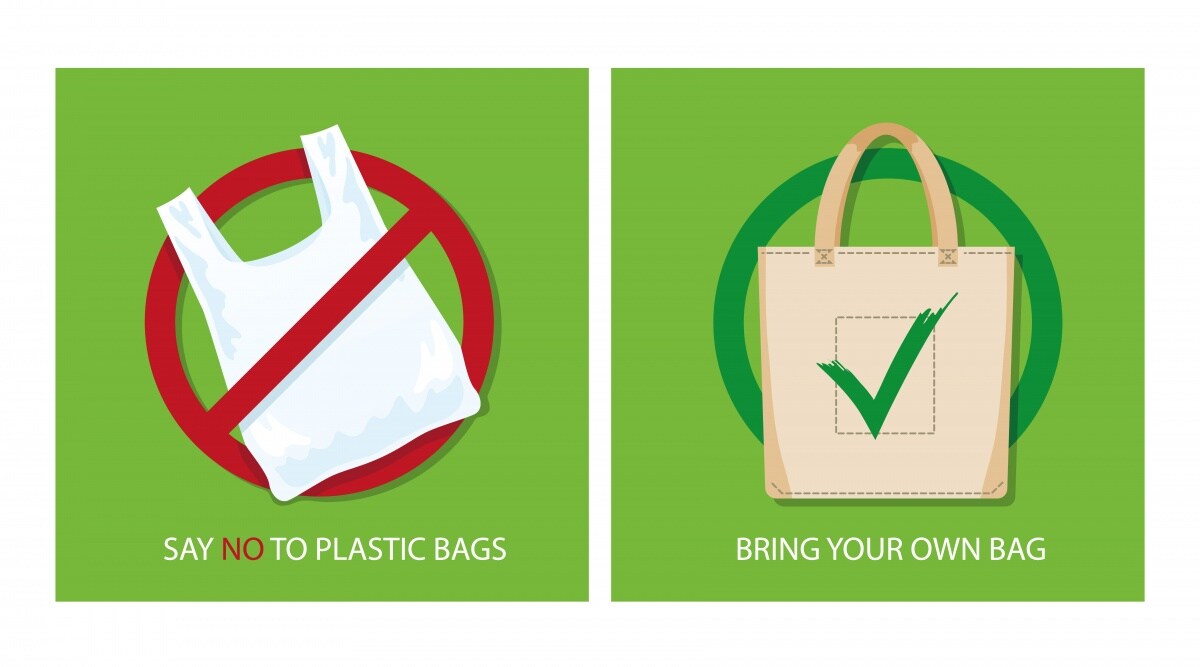



Getting To Grips With Plastic In Japan All About Japan




Vocabulary Useful And Common Japanese Phrases Wapedia
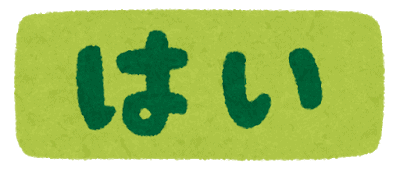



The Subtle Ways To Saying Yes And No In The Japanese Language




Dame だめ Desu And Ii いい 良い Desu Learn How To Use The Japanese Common Phrases
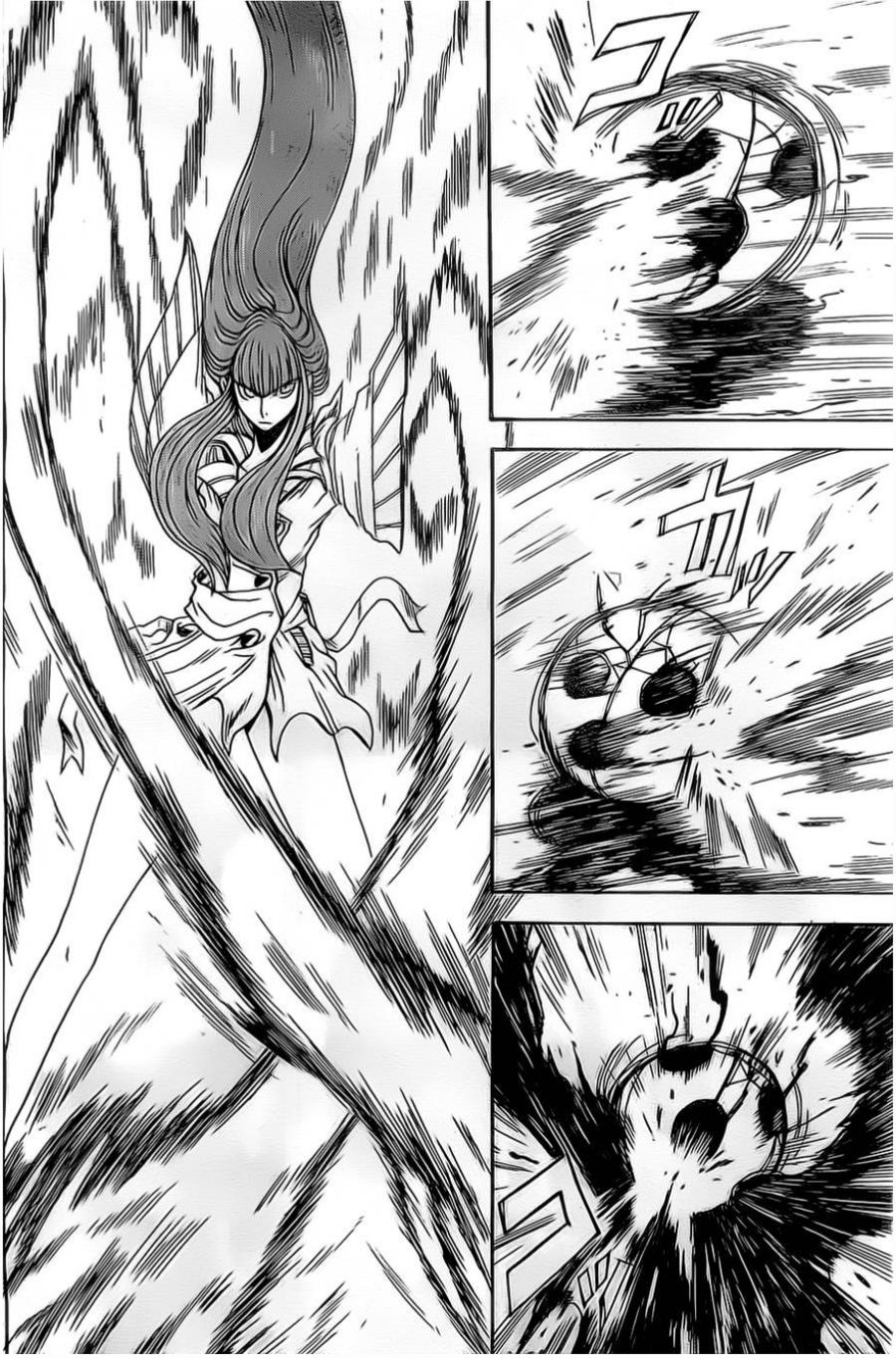



人気ダウンロード Kekko Desu No Kekko Desu Means Kipotosaebmc




Guide To Iwakuni 21 First Quarter By Mccs Iwakuni Issuu




30 Useful Japanese Phrases For Travellers
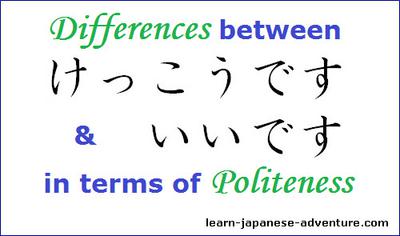



Is There A Difference In Politeness And Meaning Between Kekkou And Ii



2
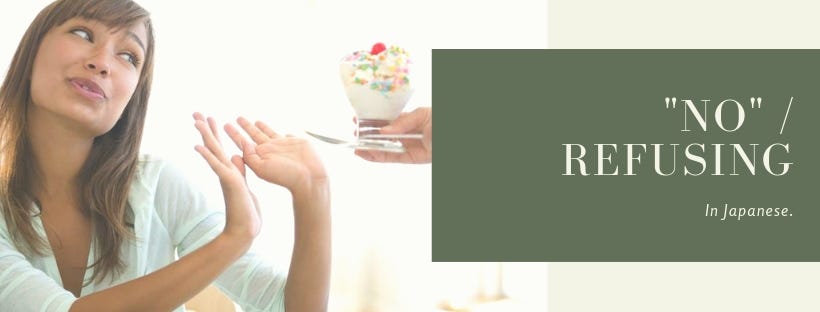



No Or Refusing In Japanese There Are Abundant Ways To Say No In By Shania Wong Medium



Omoshiroi




Japanese Phrases Japanese Phrases You Can Use In The Role Playing Game Or In An Imvu Chat This List Will Be Periodically Updated When Members Suggest New Phrases To Add Remember To Check Often Enjoy Nihongo Ga Wakarimasu Ka Do You



How To Say It S Weird In Japanese Quora




16 Guide To Iwakuni By Mccs Iwakuni Issuu




15 Different Ways To Say No In Japanese Justlearn
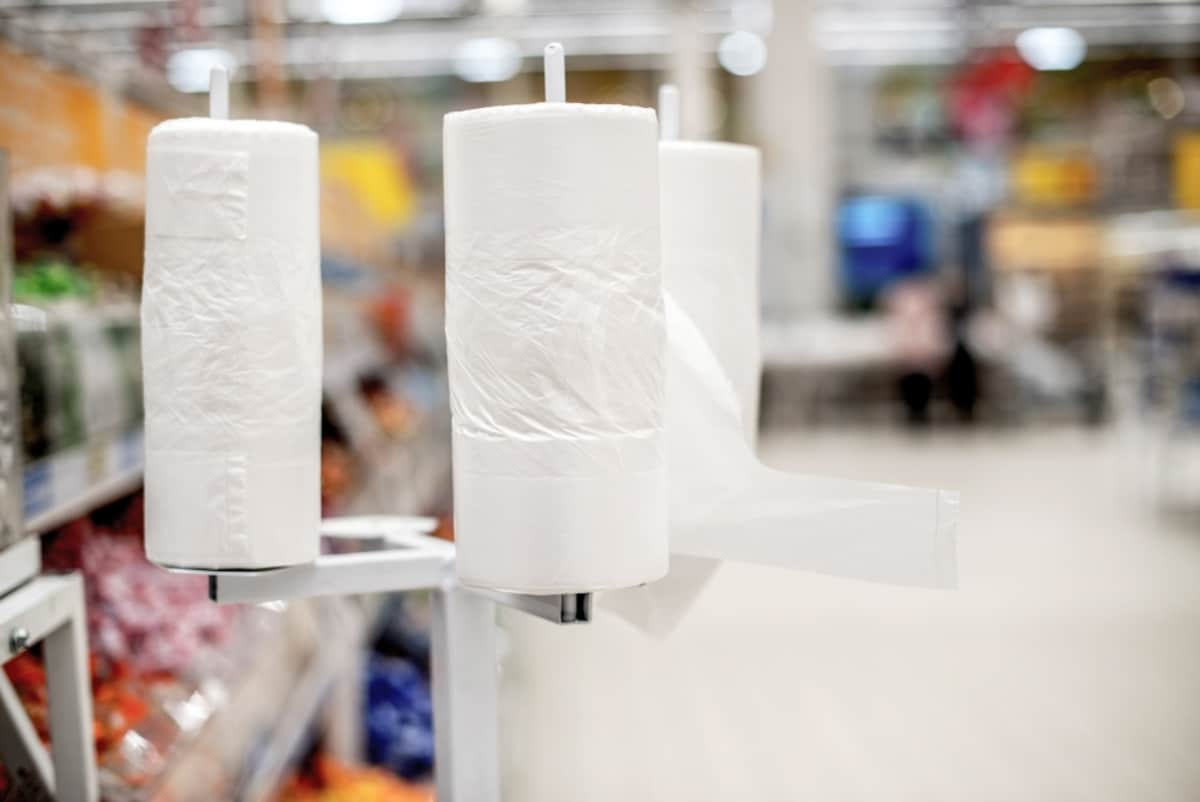



Getting To Grips With Plastic In Japan All About Japan
コメント
コメントを投稿